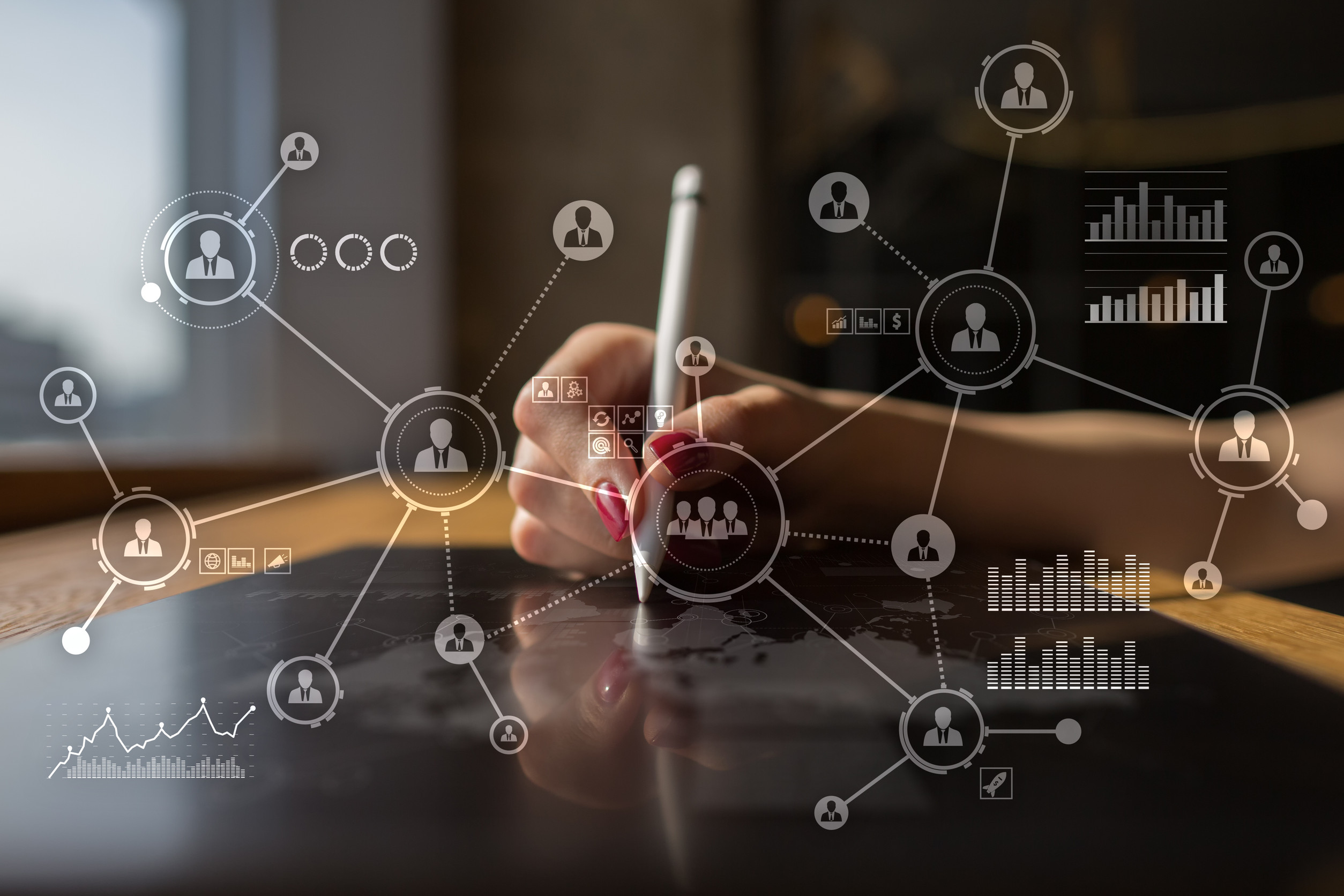Redefining the role of the CHRO in building the future organisation
- Claire Lee

Spurred on by the pandemic, companies were forced to abruptly digitalise businesses and operate remotely. In response, HR leaders have had to adapt to a virtual workplace where employees, while being connected online, are increasingly burnt out.
“The role of HR is becoming more important because we now have to deal not just with technology, but also with human emotion, the human side of things that was not [that much of a] focus in the past”, said Sandra Kokasih, Human Capital Managing Director, Sinar Mas Land, who spoke at the recent CHRO Online Indonesia event, organised by HRM Asia.
Facing a climate of change, she highlighted three pressing tasks for HR leaders: rethinking whether an organisation is filled with workers with the right skills; restrategising human capital by identifying where to source and hire such employees; and reconstructing mindsets that will pave change in the way people do things.
It is also crucial to adopt a mindset of smart risk-taking, said Pambudi Sunarsihanto, HR Director, Bluebird Group Indonesia. Sometimes, this means stepping away from measures like key performance indicators to key development indicators, which he describes as what an employee will develop for a company in the future, be it “the development of the product, people, culture, or leadership”.
On that note, Sunarsihanto pointed out that providing a safe environment in the workplace where employees can challenge themselves and take risks does not equal to providing a comfortable environment. “People have to be comfortable with discomfort as progress means taking risks”, he said.
As economies reopen, HR and business leaders are also prioritising the safety of their employees as they return to traditional workplaces. One such challenge is, “How [do] we ensure that in our company, we can provide a safer environment so every employee can go back to work with a peace of mind,” said Teguh Purwanto, President Director, PT Alere Health (Abbott).
Another issue that companies will have to grapple with is the presence of hybrid work, a likely practice in the future workforce. “[In Facebook], we are trying to change a lot of things to differentiate remote work from work-from-home”, said Guo Yujing, APAC Client Partner Lead, Facebook. One such example would be tweaking employees’ insurance coverage plan as they move to work in another country with a higher cost of living.
Covering such aspects would help workers feel empowered to consider alternative working options, because they will not have to worry about minor details that could cause a lot of inconvenience, she added.
Maintaining culture while co-workers are all operating remotely is also a challenge. “During lockdown, we had hundreds of employees onboard globally every single week”, Guo said, noting that it was key to still communicate to new hires the firm’s culture, value, and mission.
As technology disruption accelerates, employees will require new skills. According to research by Amazon Web Services, the average worker in six APAC countries will need to gain seven new digital skills by 2025, which translates to 5.7 billion digital skill trainings. This is an “extraordinary amount of learning… in order to stay relevant and productive”, said John Antos, Vice President Strategy, Global Payroll & Asia Pacific, ADP.
“Going forward, there will be a lot of focus on digital to keep up with the pace of all the changes and the opportunities that many companies are going to try and take advantage of,” he added.
To that end, Antos pointed out three emerging roles in HR: technical roles that transform and digitise HR processes, such as IT workers who are building all the digital infrastructure; specialist roles filled by power users who drive forward, design, and onboard operations; and cross-functional roles for leaders who are going to glean insights from the data and analytics that come from the technology and drive transformation of an organisation.
As businesses go digital, it is crucial to take a “whole-person approach” when designing solutions for the workforce, said Jason Averbook, Co-Founder and CEO, Leapgen. Utilising a design-thinking concept, HR leaders should know who their audience are and design solutions with empathy. “If I have that mindset, I know my audience and can design for them, and realise where to meet them where they are,” explained Averbook.
“Employees, managers and leaders don’t like to work in processes, especially HR processes. They like journeys to help them get things done,” he explained. “If we really want to make people feel like they matter, we must think about who they are”, noting that this will be one of the “biggest” growth areas when it comes to communications in HR.
“We live in a world right now where we cannot afford a bad employee experience”, he cautioned.
CHRO Indonesia is part of the CHRO Online Series 2021, which continues with CHRO Malaysia, which is taking place on Thursday, November 18.






